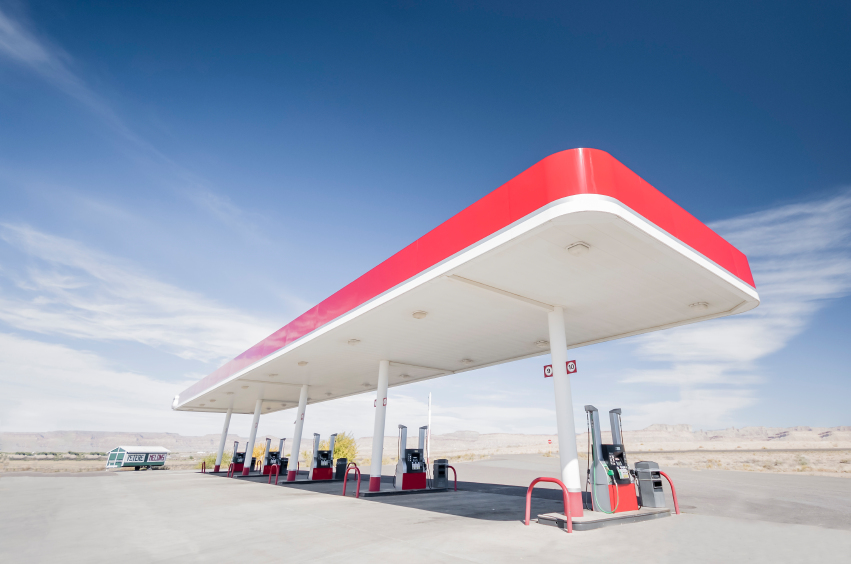New technologies could save petrol and diesel

Vehicle history and data expert CARTELL.IE is looking at the blog posted over on Carandus.com about the switch to low emission vehicles. Cartell.ie already started our move to zero emissions when we purchased our first Nissan Leaf last year.
Vehicle manufacturers are increasingly switching to low to zero emission alternatives, after Volkswagen Dieselgate scandal and petrol’s high CO2 emissions, according to Autovista Group.
Petrol power emits higher CO2 levels, leading manufacturers towards diesel, which emits less CO2 and therefore helps them achieve a lower overall carbon footprint. However, this has resulted in other consequences with higher levels of nitrogen oxides, which are known to cause serious health issues and have been linked to further air pollution issues.
Some manufacturers are trying to develop technology that will allow them to continue running petrol vehicles, with Mazda launching a new engine, which does away with spark plugs and works on the same principle as diesel, using compression to produce the ignition of fuel and therefore making the engine more efficient and less polluting.

Delphi has also developed a fuel saving technology using petrol, improving efficiency figures without the risk of further pollutants.
Bosch has also developed synthetic fuels; whose manufacturing process involves capturing CO2. This means that this greenhouse gas can become a raw material from which synthetic petrol and diesel can be produced, and when produced together with renewable energy sources, the fuel is carbon-neutral.
Synthetic fuels are still away from becoming a reality in the motoring industry once the processing facilities are expensive to set up. However, the German Ministry of Economic Affairs and Energy is supporting synthetic fuels as part of its alternative energies in transportation initiative.